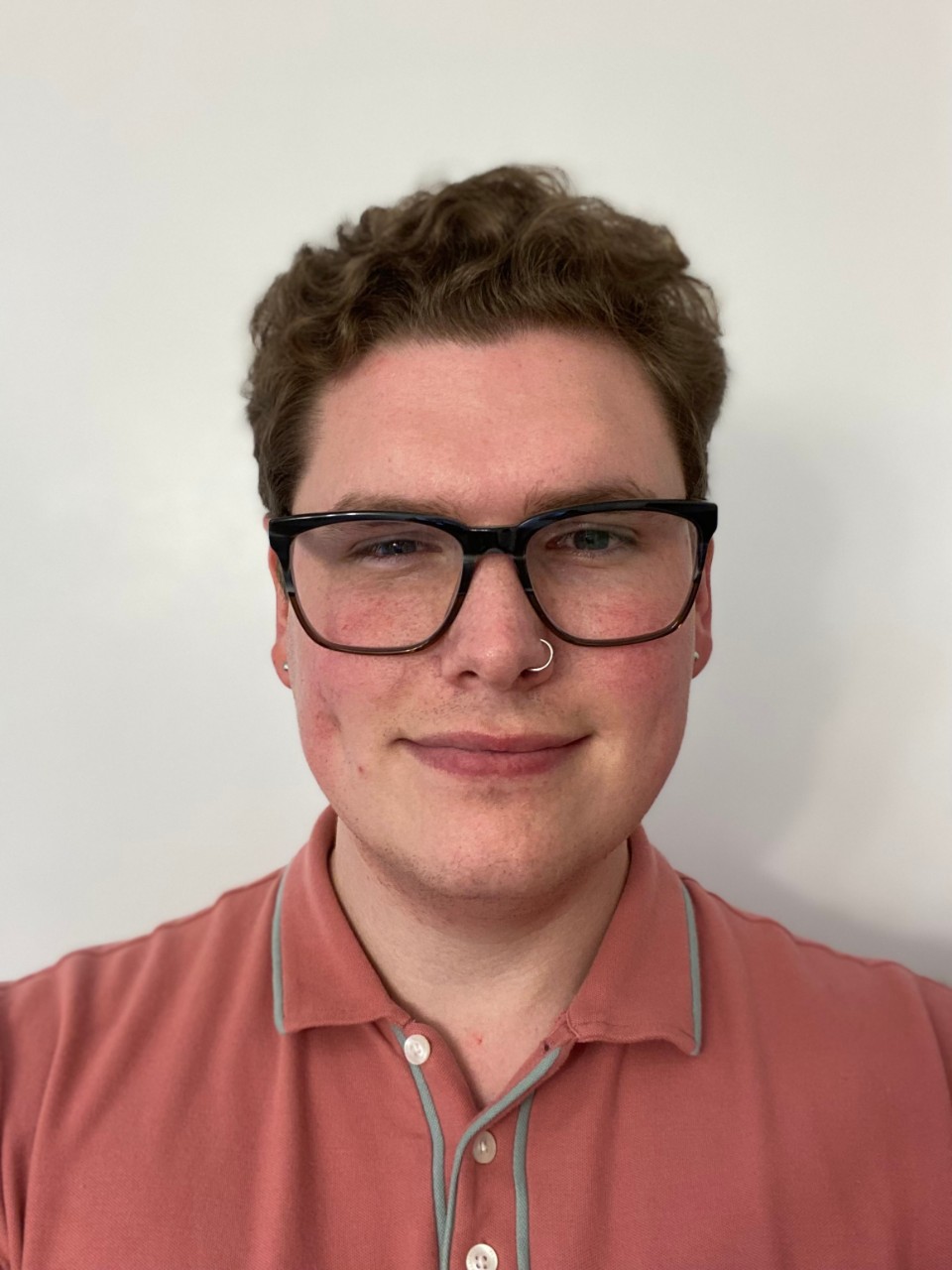“I’ve found that that unspoken connection between survivors is one of the most powerful bonds that helps the therapeutic relationship.”
Since he started working at Riverside in June, Pierce has followed Flinton’s advice to focus on one traumatic event at a time and ease into it. He compares the process to that of a swimmer who is carefully wading into a body of water.
“We’re wading into the ocean, controlling how fast we walk in. We’re not diving headfirst and getting pulled under. And if it’s getting too deep, then we can take a step back,” says Pierce, who earned a certificate in trauma from BCSSW. “It’s a very controlled process, and by focusing on one event or memory, we avoid the possibility of having other ones bleed into the session and interrupting the very important work that we’re doing together.”
Sometimes the work can get extremely intense and acutely stressful. One time, a client at Riverside called Pierce to say that she had deliberately harmed herself in the moments before she phoned. After he helped her navigate the situation and ensured that she was safe, he lay back in his chair and did a breathing exercise to reduce his own anxiety.
His self-care routine includes reading, playing video games, and listening to podcasts. And he copes with his own trauma by writing music for his heavy metal band Tearmyself, which released its new single “Soul Seller” last week.
“I use music as a way to channel the anger, the sadness, and the loss that come with surviving trauma,” says Pierce, who plays guitar and writes the lyrics for the band. “Instead of letting those feelings fester within, I’m expelling them and putting them into a creative medium that allows me to process them.”
He is getting closer to reaching his career goal every day, week, month. As he prepares to team up with Black to present new research at the national conference for the Society for Neuroscience and the 68th Annual Program Meeting of the Council on Social Work Education in November, he is taking what he’s learned at BCSSW and applying it to his work at Riverside.
His biggest takeaway? “Our clients are far more capable of telling us what they need and putting those needs into action than we give them credit,” he says.




